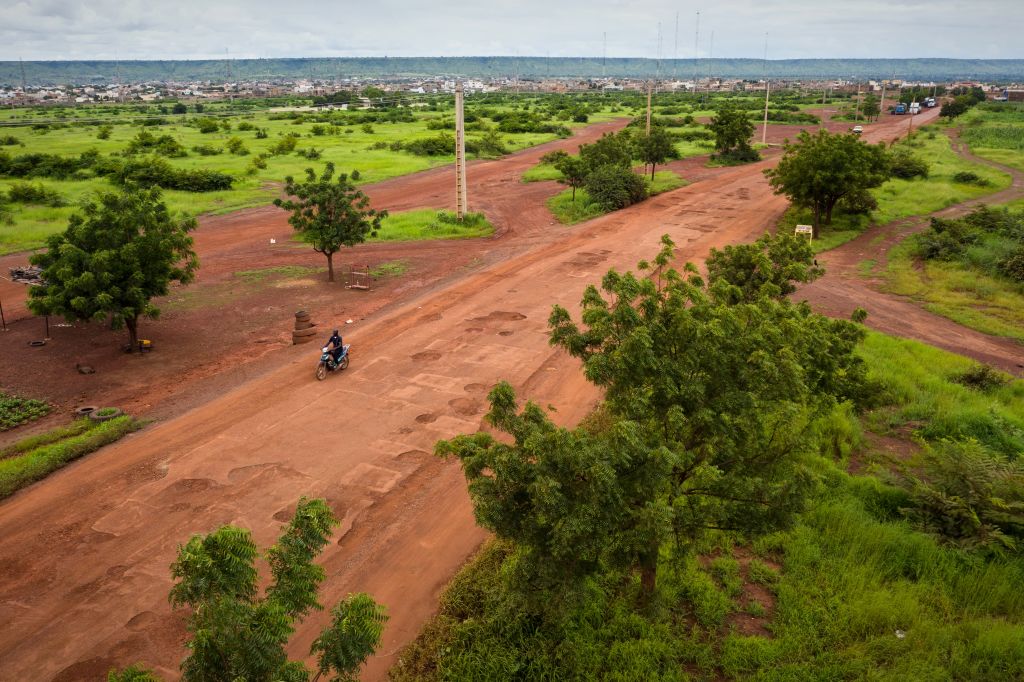Experts say a surge of attacks by terrorist groups around Mali’s southwestern border indicates an intention to expand across the border into Senegal.
Based in Mali and backed by al-Qaida, the Jama’at Nusrat al-Islam wal-Muslimin (JNIM) coalition of terrorist groups increased its attacks sevenfold between 2021 and 2024 in Mali’s Kayes region, according to a new report by the Timbuktu Institute think tank.
“JNIM has exponentially increased its activities in Kayes, Mali’s border region with Guinea, Mauritania and Senegal,” the institute stated in its May 2025 report. “These activities include complex attacks on security forces, civilian coercion and the criminal economy.
“Senegal presents vulnerabilities that JNIM can exploit, including a porous border, a lack of public awareness of security issues, pressing socioeconomic challenges and the spread of Salafism as an ideological matrix. Senegal’s border with Mali is already widely exploited by smugglers, and its geography makes securing it more difficult.”
Terrorist groups have recruited in eastern Senegal since the Mali insurgency began in 2012, which raises the possibility of establishing homegrown cells in Senegal, analyst Liam Carr warned.
“There are indicators that JNIM has the capability and intent to operate in eastern Senegal,” he wrote in a 2024 briefing for the Critical Threats Project’s Africa File. “Senegalese authorities dismantled a JNIM support cell on the Senegalese side of the border in 2021, indicating a desire to at least establish a rear support base in Senegal.”
JNIM has infiltrated key economic sectors in Mali’s Kayes region, including gold mining, cattle herding and logging, which depend on trade with Senegal and Mauritania. These interests have helped finance JNIM’s establishment of cross-border networks into Mali’s neighbors to the west.
“The group is aware that it can then use these networks to facilitate the movement of affiliated people and resources to Mauritania and Senegal,” the report said. “While its immediate priority is to use Mauritanian and Senegalese spaces for economic purposes to facilitate the financing of its activities and recruitment, JNIM will likely attempt to gradually expand its territorial control in the future.”
Senegal’s military and its National Gendarmerie have forged a strong collaborative partnership with the United States that dates back to the 1980s. Through its Anti-Terrorism Assistance Program, the U.S. in 2018 funded construction of the Regional Tactical Training Center in Thiès, about 70 kilometers east of the capital, Dakar.
Training at the facility includes Senegalese special forces and their West African counterparts.
Senegal also joined the United Nations’ Global Vulnerable Targets Program in December 2024, which lets it receive technical assistance from the U.N. Office of Counter Terrorism to strengthen security and resilience of critical infrastructure and “soft targets” against terrorism.
The threat from militant organizations, however, is more than just violence. Terrorist groups such as JNIM also make a systematic effort to spread their radical ideology, the Timbuktu Institute said. The terrorist group uses unemployment and ethnic grievances to recruit young people.
“JNIM has already exploited similar vulnerabilities throughout the Sahel,” the report stated. “Senegal should not be considered a lasting exception without efforts at prevention and building community resilience.”

